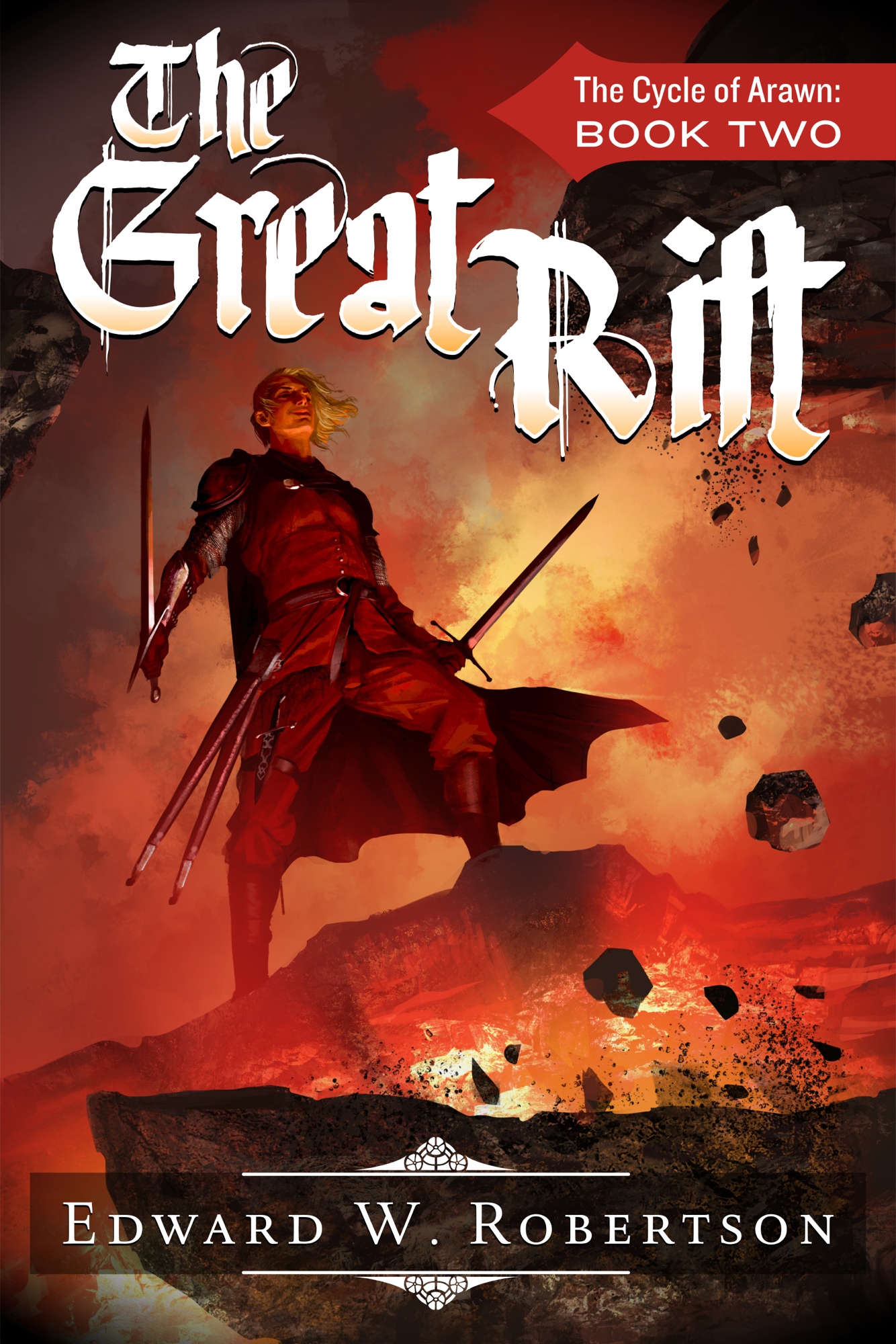Now that’s what I call a pilot.
Jack wakes in a jungle. He stumbles onto a beach, where he discovers a plane crash–the same crash he was on. With no ado, he begins treating the survivors–setting a tourniquet around a man’s gushing leg, ensuring a pregnant woman’s going to be okay before sending him away, restarting the heart of the woman who sat next to him on the plane, despite the worst efforts of a lifeguard boy to cut her throat open needlessly. Jack is, quite clearly, participating in triage, the battlefield art of treating those who most need help when they need it. He’s machinelike, the perfect man for this tragic circumstance.
It’s a wonderful introduction to the man who I can only assume will be the main character throughout the 120 episodes of Lost. He’s strong. He’s capable. He’s just about fearless. And the acting, from Matthew Fox, is top-notch. We’ve seen this Jack before: confident, handsome, competent, take-charge. We’ve seen this Jack a thousand times before.
But this Jack is something different. It’s the writing, the directing, and the acting. He doesn’t discuss, to others or himself, why he’s treating the people he’s treating. He does so instinctually. With humor, even, sending the lifeguard away to fetch a senseless pen while he brings a woman back from death. He saves multiple lives on that beach, and even then, among the cinematic explositions, blood loss, and death, does he retreat to the woods, where he treats his own wound–perhaps first realizing it’s there, perhaps understanding it’s of far lower priority than the events on the beach–enlisting Kate, the clear love interest, even this early, to help sew up his own wounds, with an aplomb that’s far too encouraging for her to resist. It’s a defining moment not only for him, but for her, defining two characters while reacting to epic disaster. Jack’s monologue about operating on the spine of a young woman is disgusting and brave and revealing.
Now that’s a hell of an introduction.
The immediacy and confidence of Lost is clear from the start. The crash itself, on a remote island, is gripping enough to demand viewers tune in for the next episode. Then they kick it up another notch: there’s something in the jungle, a creature enough to stir the palms from trunk to crown. We’re watching a high concept on top of a high concept.
Meanwhile, there are moments from others–the federal marshal, the Korean couple, the young lifeguard and his entitled sister, and Hurley, the designated comic relief. Moment after character moment pile up in a span of minutes. In no time at all, we have a window onto a half dozen characters who’ll play an imporant part of everything to come. Or so I believe. I understand there are monsters. Monsters tend to eat people. The one here is excellent, unseen but heard, a metallic, trumpeting call that’s so unearthly we’re immediately clued in that not all is right in this place.
Meanwhile meanwhile, there are flashbacks. Jack seems pretty intent on his drink, for reasons which become more evident a few episodes on (I have, at this point, watched the first six). He and the woman in the seat on the plane next to him are developed at the same time as we see the run-up to the crash.
We also get a good look at Charlie, from the always-great Dominic Monaghan, as a girl-chasing, heroin-addicted rocker. Again, not the most original of characters, but there’s something about him. He’s funny, for one, which absolves just about every crime. (Except the felonious kind. Trust me on that, violence-doers and drug-dealers.) Already, this seems to be a common thread for Lost: taking a familiar, archetypal character, and showing us something about them we haven’t necessarily seen before.
Also: the moment where Kate is looting better shoes to go for a hike, and Locke watches her, with apparent disapproval, only to make a clown-face with the orange peel in his mouth, complete with the clown-like scar running down his right eye. It’s an absurd, funny, troubling moment that gives a good indication of how many cylinders this show is already running on.
The morning after the crash, Jack goes after the plane’s transceiver. Charlie goes with, where we get his background, along with Kate. The island breaks into sudden and intense rain. Jack, Kate, and Charlie find the cockpit, along with the pilot, who’s injured but alive–but not for long. He reveals a radio problem forced them to divert the plane a thousand miles off course. As the howling monster rolls in, the pilot leans out the window–fatally, as it’s made abundantly, inevitably clear by the shot of him leaving the transceiver behind on the seat–and gets hauled away.
Before that, the others flee into a chaotic race through the dark jungle. Charlie falls, only to be rescued by Jack, who gets lost himself, leaving Kate to track him down. They regroup. The rain stops. They find the gruesomely mutilated body of the pilot. What caused it? How could anything be that disgustingly brutal?
I never watched an episode of Lost previous to this one, but I’d heard plenty about it. I know the monster is the Smoke Monster, an ill-defined presence that haunts them all from start to (I think) finish. I’m not aware of its significance. I know, as a first-time viewer, it’s creepy and unsettling, a clear indication that what’s to come can’t be judged or predicted by what we know is true in our own day-to-day lives.
Two big concepts, nearly a dozen characters, many of whom are already well-defined, and a distinct shooting style. It’s no wonder the pilot got picked up for a season–nor that it caught on for a six-season run of 120 episodes. From its first episode, Lost knew how to entertain like few shows do.







Leave a Reply